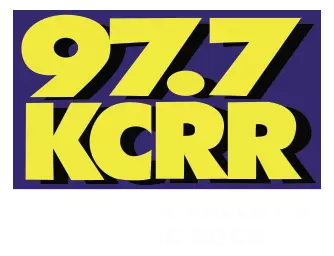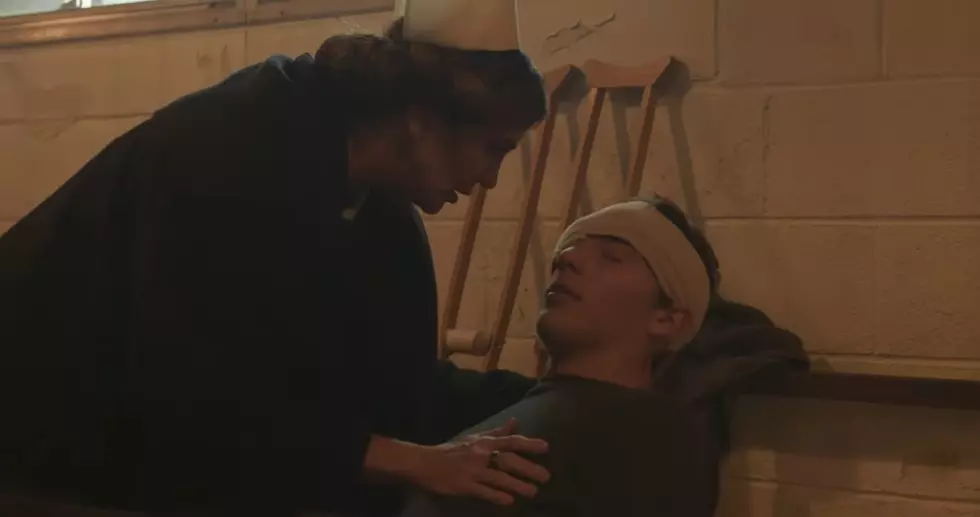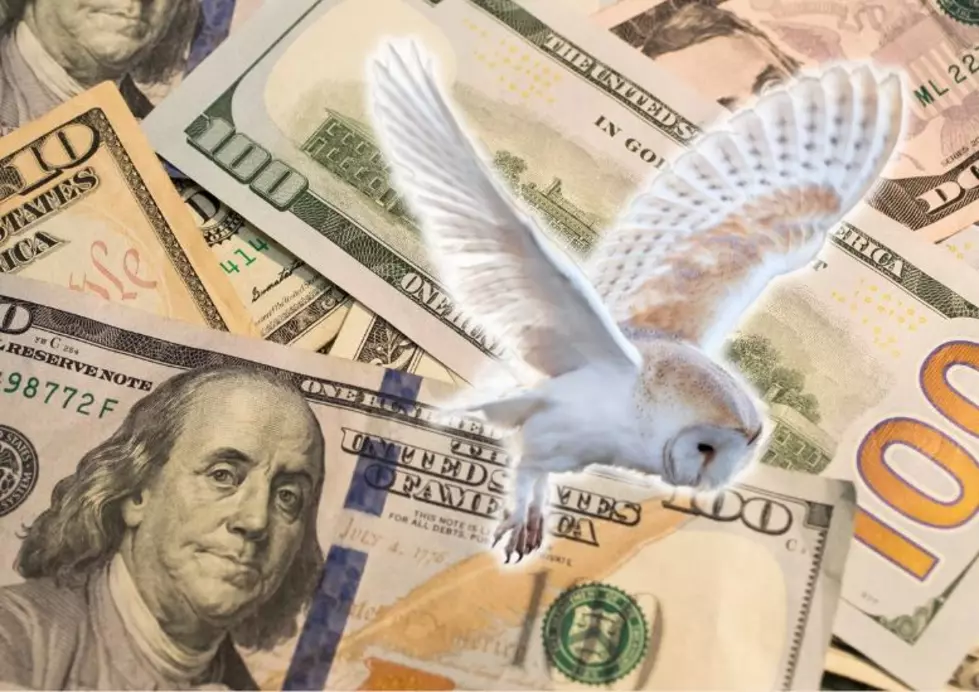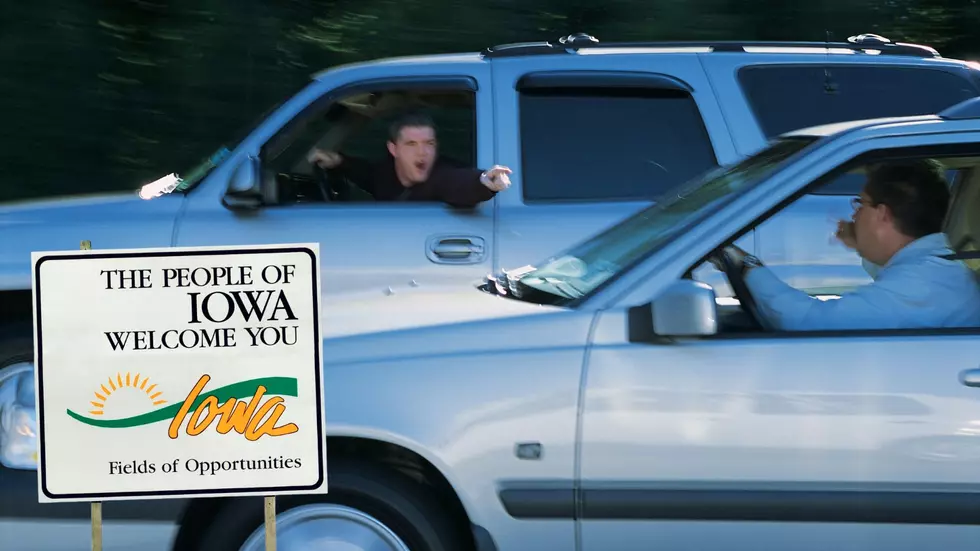
Raccoons Poised To Take Over The State of Iowa
I grew up on a farm in rural Jones County. Seeing wildlife was a daily occurrence. Cats, dogs, cattle, mice, deer, heck even the occasional coyote. But it took me living in the city to see as many raccoons as I have. Sure I saw a few growing up on the farm, but it was usually around sweet corn season and they were looking for an easy meal. It turns out the easier meal is my trash can in Marion. Yes, the raccoon population in Iowa is surging and one reason is less trapping.
KCRG reports that in 2006, the state counted around 2,500 raccoons in their annual survey of all 99 Iowa counties. This year, that number has jumped to 6,486. That is an increase of 268% over the past 16 years and a 23% increase from last year alone. Statistics show that Benton and Iowa counties have some of the highest populations of raccoons in the entire state. The rise in population comes at the same time that fur trapping licenses have decreased, as have the price of pelts around the world. KCRG reports that pelts that sold for over $40 in the 1970s are now going for less than $5 today. The number of raccoons trapped has fallen from over 300,000 in 2011 to just over 34,000 in 2021.
KCRG reports that at least one Iowa lawmaker plan on introducing a bill that would allow for the hunting of raccoons outside of their relatively short hunting season. Current Iowa law allows them to be killed only when deemed to be a nuisance by a property owner. Others point out that raccoons have very few natural predators in Iowa. Some believe that the state should offer protection to animals like bears and mountain lions, who might find raccoons a tasty option.
So cover up those trash cans, and bring in that bowl of cat food. Trash pandas are on the loose. And judging by the size of the ones I see in Marion, you wouldn't want to cross one in a dark alley.






